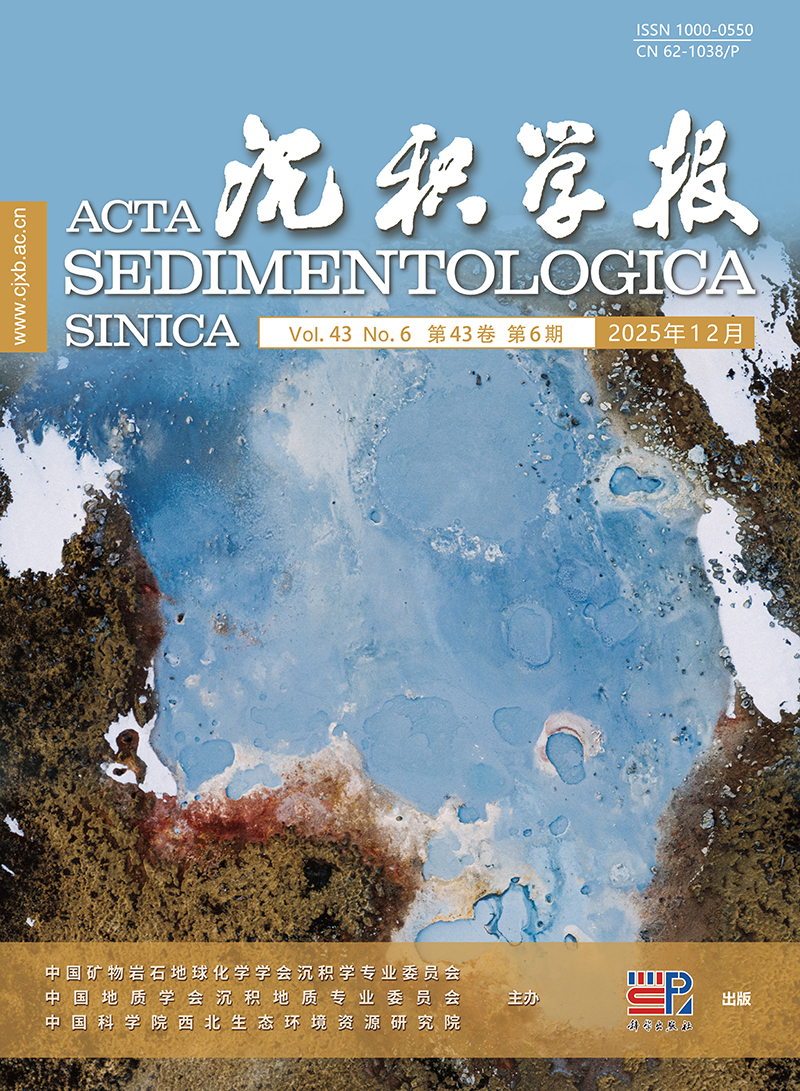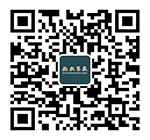Acta Sedimentologica Sinica is dedicated to promoting the development of sedimentology by assembling outstanding experts and scholars in the field for academic exchange. To ensure the quality of published articles, the journal conducts peer review on all submitted manuscripts, and takes a firm stance against multiple submissions, plagiarism and other academic misconduct. Acta Sedimentologica Sinica is committed to upholding the international ethical standards at all stages of the publication process. In accordance with the guidelines published by the Committee of Publishing Ethics (COPE) and in combination with the journal's actual situation, we have formulated the ethical standards for the publication of the journal:
1. Author Responsibility
(1) The journal accepts only original research that has not been published or submitted to other journals. Academic misconduct, including multiple submissions, redundant publications, plagiarism, inappropriate citations, fabricated data, and misleading information are strictly prohibited.
(2) Authorship criteria: All authors should have made substantial contributions to the following: conception and design of the study, acquisition of data, analysis and interpretation of data, drafting the article or revising it critically for important content, etc. Individuals who do not make substantial contributions to the article are not qualified to be listed as authors.
(3) All authors are responsible for the content of the article. Prior to publication, all authors should review the content of the article and give their approval for publication. The article will not be published until all authors have given their consent for publication.
(4) Changes to the list of authors should not be made arbitrarily. Any change in authorship, addition, deletion or rearrangement of names in the list of authors should be made before the manuscript is accepted. To request such a change, the corresponding author must state the reason and send a confirmation letter to the Editorial Office in which all authors agree to the change. If authors are added or removed, this should also be confirmed in the letter by the authors being added or removed.
(5) Contributions of all authors and conflicts of interest in the research should be declared. All authors should complete and submit the "Author Contribution Statement" and "Conflict of Interest Statement" documents, which can be downloaded from the Author Centre, to declare that each author has made substantial contributions to the article with no nominal author, and to disclose potential conflicts of interest in the research. A conflict of interest may occur when an author (or the author's institution or employer) has financial or personal relationships or affiliations that could influence (or bias) the author's decisions, work, or manuscript. Authors should also disclose conflicts of interest with products that compete with those mentioned in their manuscripts.
(6) Ghostwriting is not allowed. Authors should write articles themselves rather than using ghostwriting services. Ghost-submission is also prohibited. Authors should be familiar with the submission systems of academic journals, submit their manuscripts and respond to reviewers' comments themselves. Ghost-submission services provided by third parties should be strongly discouraged. Third parties have no right to change the content of articles. However, it is acceptable for third parties to polish the diction of articles based on the original manuscripts, rather than changing the substantive content in the name of polishing.
(7) Sources of funding should be clearly stated in the article. Efforts and support from individuals not qualified to be authors and institutions should be acknowledged in the acknowledgements.
(8) If authors wish to recommend a reviewer, authentic and reliable personal information, including the reviewer's name and contact information, should be provided. Any fraudulent behavior in the peer review process is prohibited.
2. Reviewer Responsibility
(1) Reviewers should provide objective and fair comments on manuscripts, assessing whether the scientific quality meets the standards for publication. Glib or superficial review comments will not be accepted.
(2) Reviewers should respect divergent academic ideas and should not make subjective or rude judgments or humiliate authors. Reviewers should report any academic misconduct to the Editorial Office.
(3) If reviewers are not experienced in the research area of the manuscript under review, the Editorial Office should be informed in advance. Reviewers should recuse themselves from reviewing articles if there is a conflict of interest or personal benefit that could lead to biased review.
(4) The review should be completed within the specified time. Reviewers should inform the Editorial Office if there are any delays caused by objective factors.
3. Editor Responsibility
(1) Editors should ensure that the review process for all manuscripts is impartial and objective and that submitted manuscripts can be reviewed promptly, especially articles with important findings.
(2) The journal should be published on schedule. It should publish innovative and reliable articles, giving priority to frontier and thematic research results. Any academic misconduct, including fabrication and falsification, plagiarism, and redundant publications are strictly prohibited.
(3) Editors are required to maintain and update the database that records the work of reviewers and editorial board members.
(4) Editors should convey review comments to authors in a timely manner, be open to academic discussion, and coordinate between authors and reviewers. Confidentiality of reviewers' private information should be maintained and any insult or defamation should be ignored.
(5) Editors have the right to reject or accept articles on the basis of their significance, originality, clarity and relevance. Authors are allowed to appeal against review decisions.
4. Academic Misconduct
Acta Sedimentologica Sinica accepts only original research papers that have not been published or submitted to other journals. Academic misconduct, including plagiarism, fabrication of data, multiple submission, and redundant publication, is strictly prohibited.
All submitted manuscripts will be screened by the "Academic Misconduct Literature Detection System" developed by CNKI to prevent academic misconduct at the preliminary review stage. Manuscripts found to have academic misconduct will be rejected. For manuscripts with serious academic misconduct, such as deliberate multiple submissions, the journal will no longer accept submissions from relevant authors.
5. Appeal and Discussion
(1) Authors may appeal if they disagree with the reviewers' comments or the results of the review. They may submit a written appeal to the Editorial Office by sending it to the journal's e-mail address. Authors submitting an appeal must provide a detailed explanation of each reviewer comment. Upon receipt of the appeal letter, the Editorial Office will promptly investigate and address the appeal, and the result will be reported back to the author.
(2) The journal encourages authors and readers to discuss the published articles, which can be sent to the e-mail address of the Editorial Office. The Editorial Office will respond as soon as possible and provide feedback as appropriate. We welcome readers and authors to actively provide the journal with their comments on the articles, which can help us to create a positive academic environment.
6. Correction and Retraction
(1) Cases in which corrections of published articles are considered: If there appears to be an honest scientific error in an article, which would not have a significant impact on the results and conclusions, the Editorial Office will publish a correction statement in the journal as soon as possible, detailing the changes made to the original article. The journal will publish the corrected version of the article, specifying the changes to the original article and the date of the update. Readers should cite the corrected version of the article.
(2) Cases in which retractions of published articles will be considered: If academic misconduct including plagiarism, fabricated data, multiple submission is confirmed, the Editorial Office would retract the article, issue a retraction statement, request relevant databases to delete the article to minimize the harmful effects of misleading publications. In addition, if an article is found to have serious errors that make the results and conclusions of the article unreliable, the Editorial Office will retract the article, issue a retraction statement, and request databases to delete the article.






